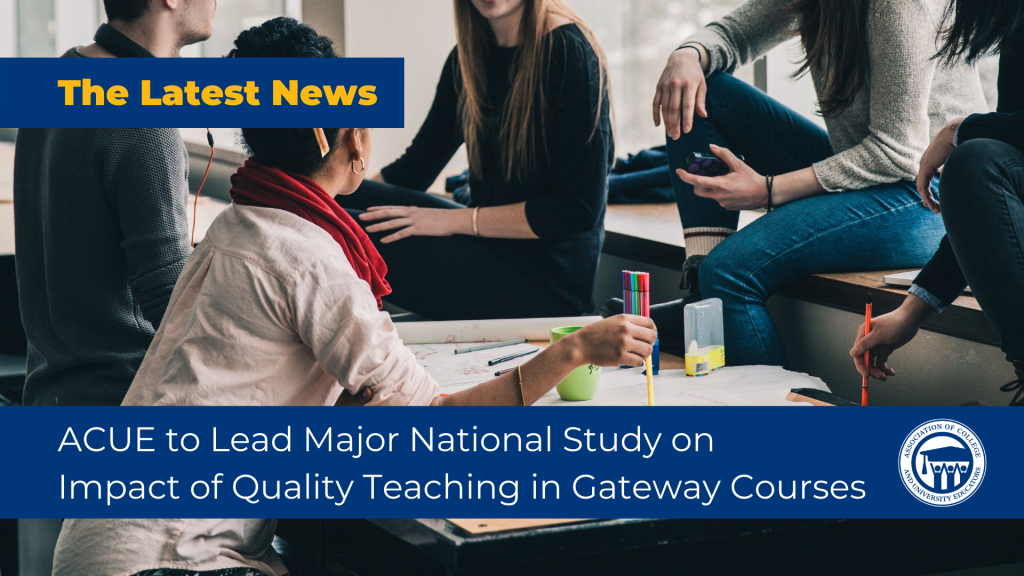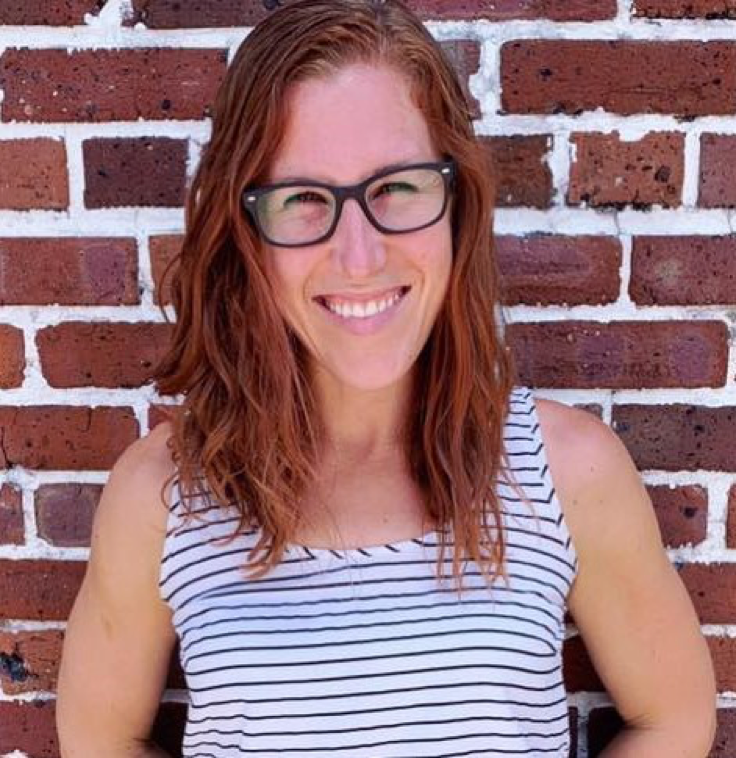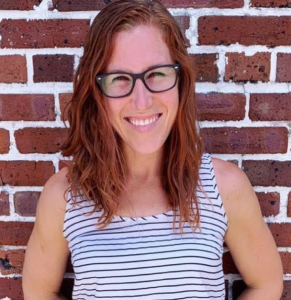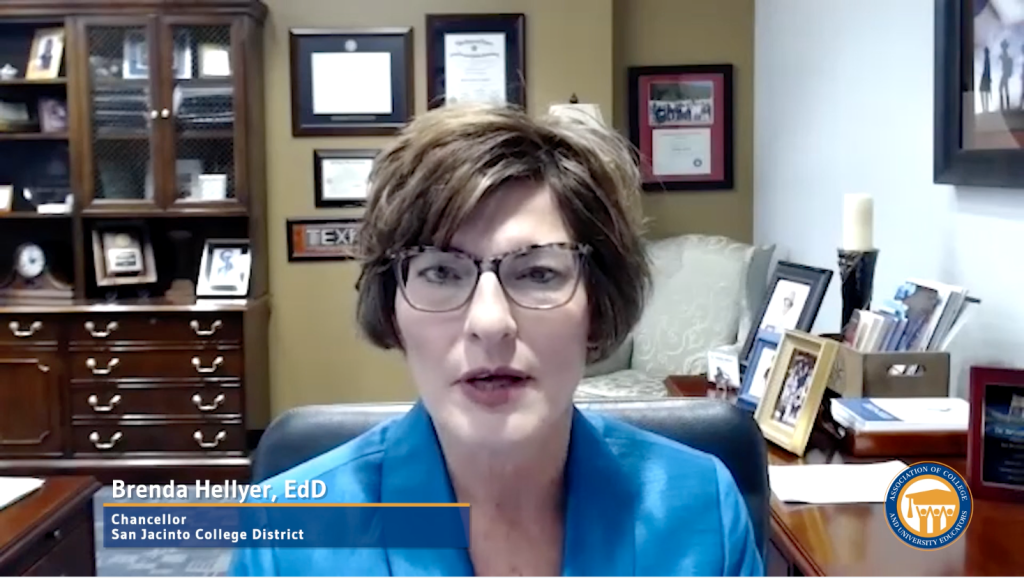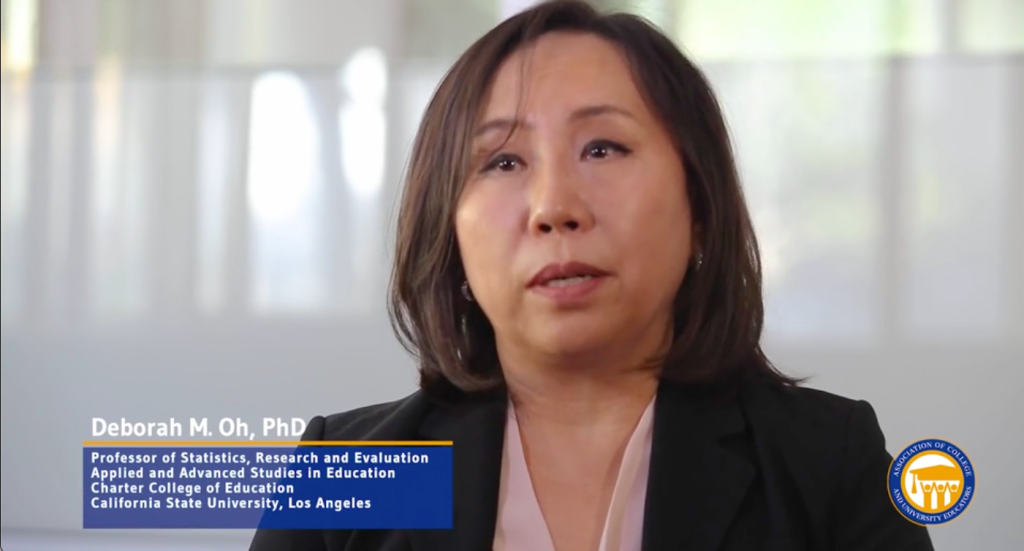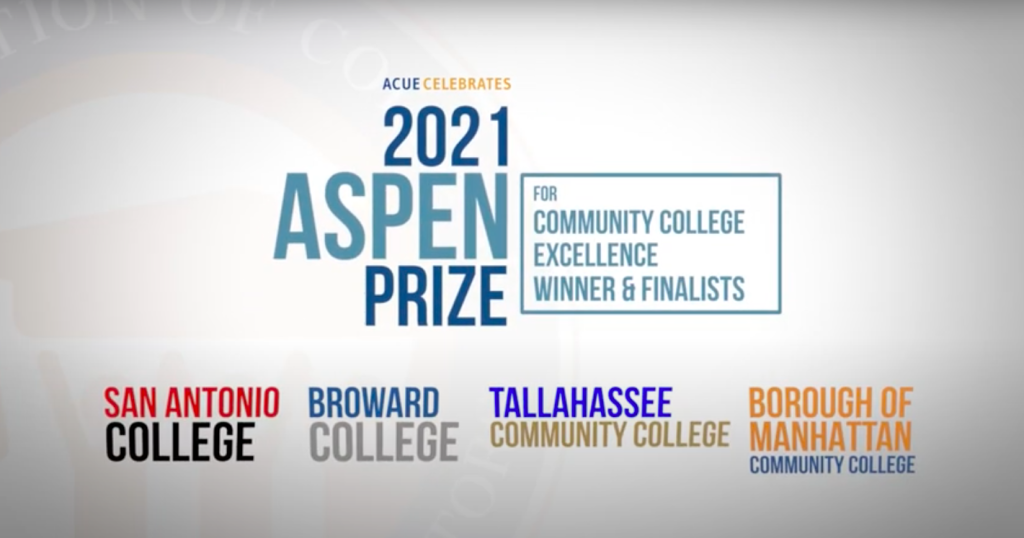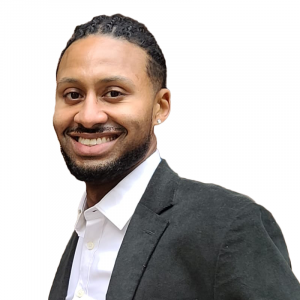
Meet an ACUE Researcher: Theo Pippins
An all-star team of researchers at ACUE is responsible for working with partner institutions to conduct large-scale studies to evaluate the impact of ACUE’s courses on faculty and students at partner institutions. To date, ACUE has published 18 studies that have established an incontrovertible link between the evidence-based teaching of ACUE-credentialed faculty and improved grades, higher completion rates, and closed equity gaps by race, ethnicity, and socio-economic status.
 The team’s data-driven work is one of the reasons that ACUE is now leading a major national study to examine student success outcomes in gateway courses, an initiative made possible through a $1.5 million grant from the Bill & Melinda Gates Foundation.
The team’s data-driven work is one of the reasons that ACUE is now leading a major national study to examine student success outcomes in gateway courses, an initiative made possible through a $1.5 million grant from the Bill & Melinda Gates Foundation.
One of the researchers on this talented team is Theo Pippins, who recently earned his PhD. His degree, in the Economics of Education, is from one of the most prestigious programs of such study in the United States–Teachers College, Columbia University. His dissertation examined important issues of equity in education among Black adolescents. This year he’ll be presenting two papers at AERA this year.
We asked Theo to share some insights about his research and work at ACUE.
Tell us about your dissertation. What topic did you study and what did you learn?
My dissertation focused on the potential for policies, interventions, and curricula to improve transitions to four-year colleges and universities in the U.S. I conducted a novel investigation of New York City’s adoption of SAT School Day (SSD), which provides universal access to college entrance exams for high school juniors. In addition, I published a systematic review and meta-analysis of 19 studies on the causal impact of late pre-college advising interventions, which aim to connect juniors and seniors with pre-college advisors to guide them through the complex college application process. The studies focused on identifying the causal effect of these interventions on postsecondary enrollment outcomes for historically underrepresented students. Finally, I present a correlational study that uses transcript data from a statewide community college system to estimate how well GPA, credit accumulation, and course taking at community college predict upward transfer and baccalaureate completion.
Taken together, this work highlights the importance of academic preparation and advising within transitional pathways.
What is one big thing you want people to know about the ACUE research team’s work?
The biggest thing I want people to know about the ACUE research team’s work is that it is conducted by a genuinely dedicated group of individuals. Our work is simply a reflection of that dedication. We approach our work with thoughtfulness and are consistently trying to improve upon it. This is one reason why we have been successful at being accepted at conferences like AERA.
What does the ACUE’s role in leading a national study on student success in gateway courses mean to you?
The Gates grant presents a great opportunity to further ACUE’s reach and demonstrable impact. I am just excited to be collaborating with faculty, administrators, and researchers who are dedicated to creating more equitable educational experiences. I cannot wait to dig into the data, learn from the findings, and share the story.
